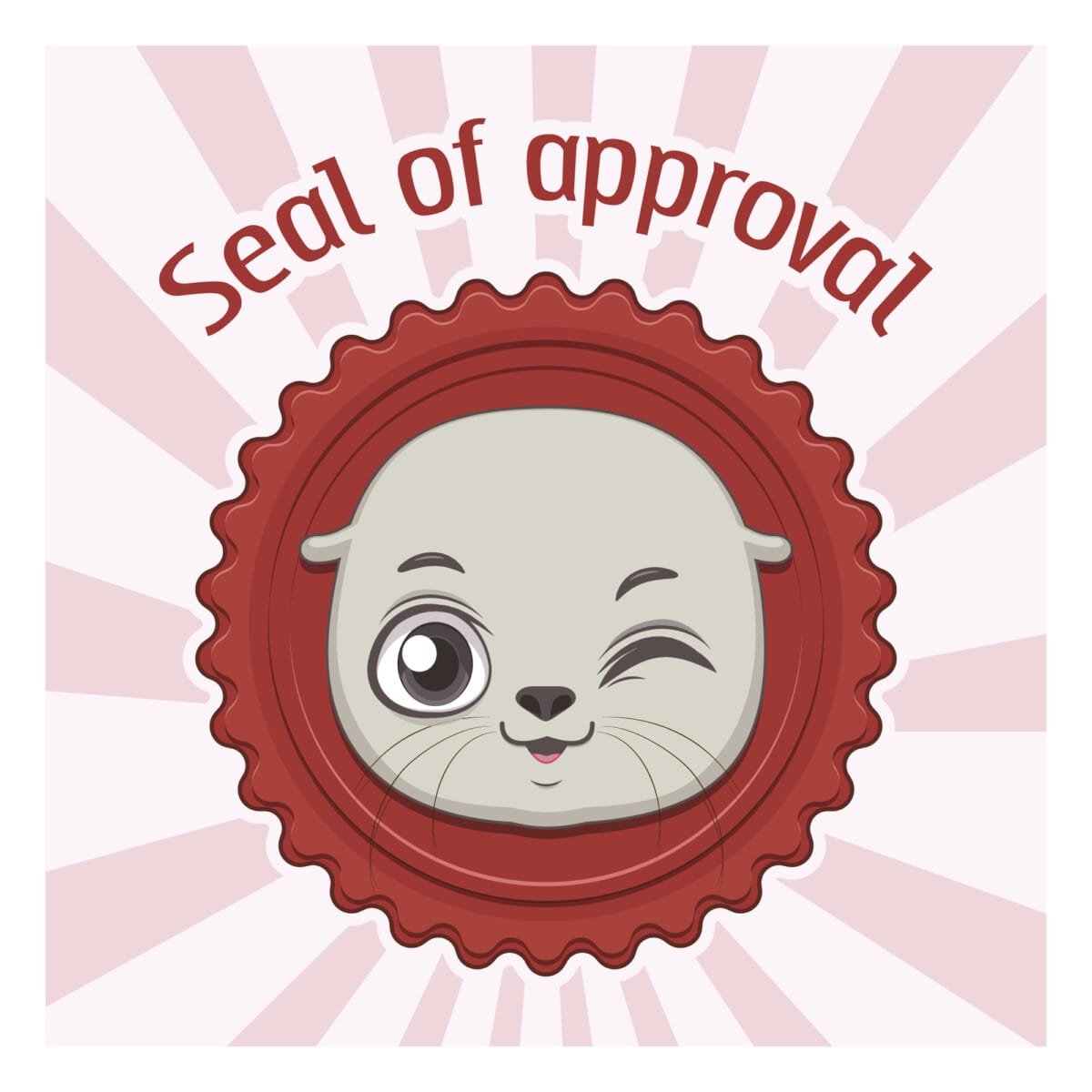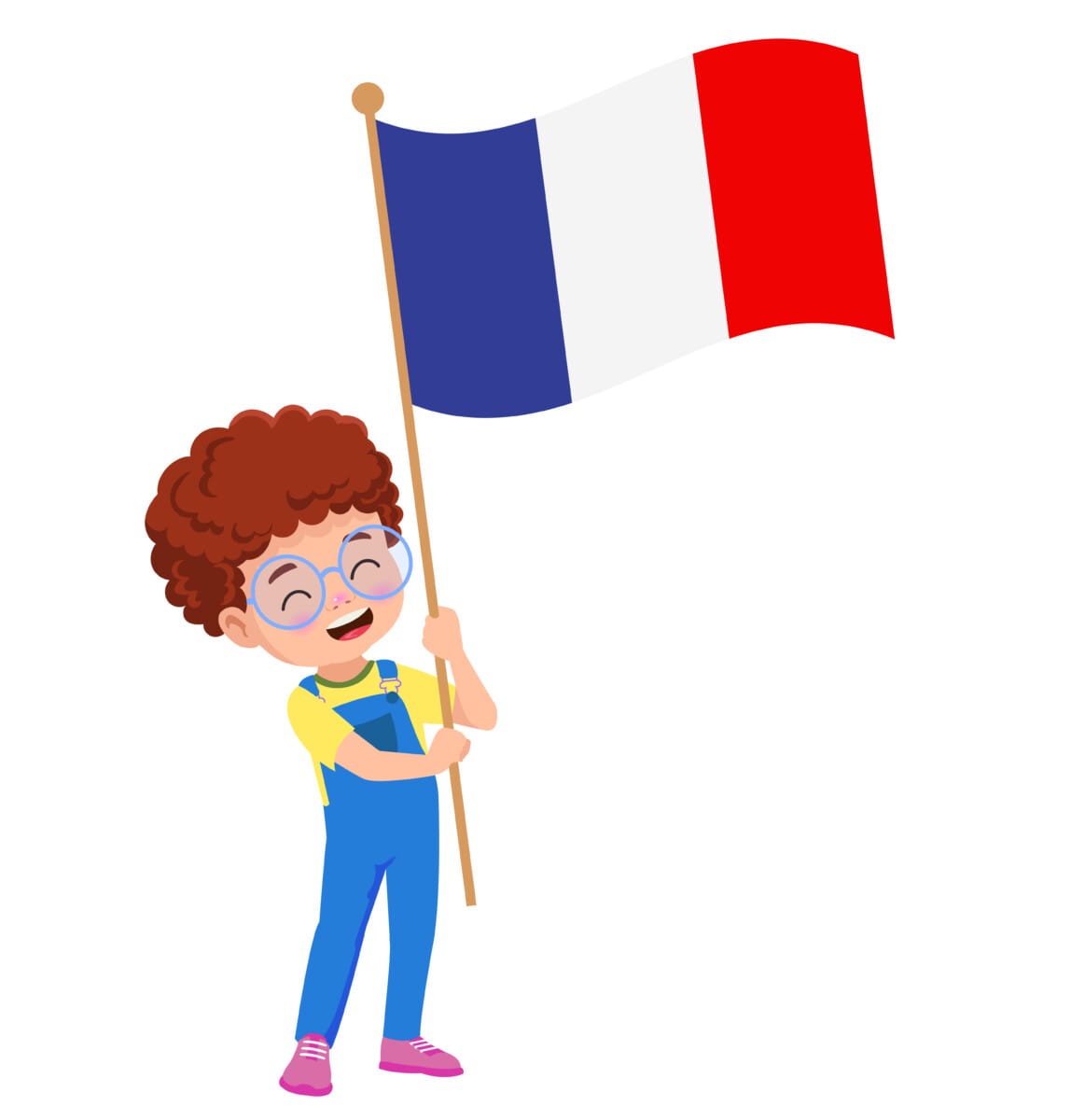The Many Meanings of ‘Set’
If you’ve ever looked up the word set in a dictionary, you might have been overwhelmed by its sheer number of definitions. According to the Oxford English Dictionary, ‘set’ holds the record for the most meanings of any word in English, boasting over 430 distinct uses. This incredible versatility makes it one of the language’s most fascinating words. You’ll encounter set in simple phrases like ‘set the table’ to describe an action, in abstract contexts like ‘a set of rules,’ or in idiomatic expressions such as ‘set in stone.’ Each usage highlights the richness and adaptability of the English language.
But how did ‘set’ come to be so multifaceted? The answer lies in the evolution of English itself. Over centuries, English has borrowed words and ideas from other languages, often repurposing existing terms to accommodate new meanings. As a result, ‘set’ has grown into a linguistic ‘Swiss Army knife,’ capable of describing everything from arranging objects to defining fixed states, like ‘the sun sets in the west.’
This adaptability reflects the practical nature of English, where one word can serve multiple functions, depending on the context. Understanding the many uses of set isn’t just a lesson in vocabulary—it’s a glimpse into how language grows and evolves to meet the needs of its speakers.









